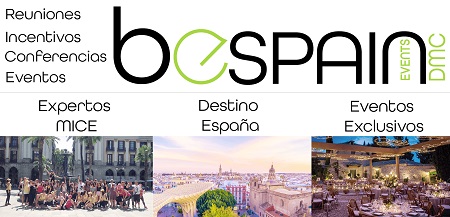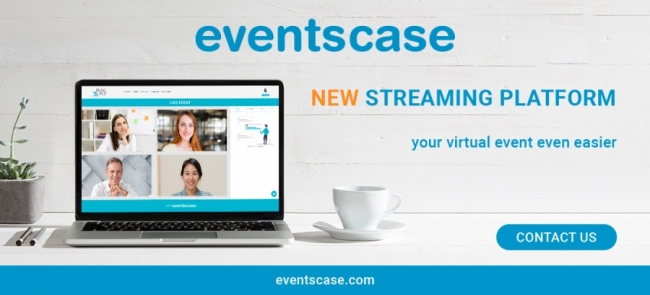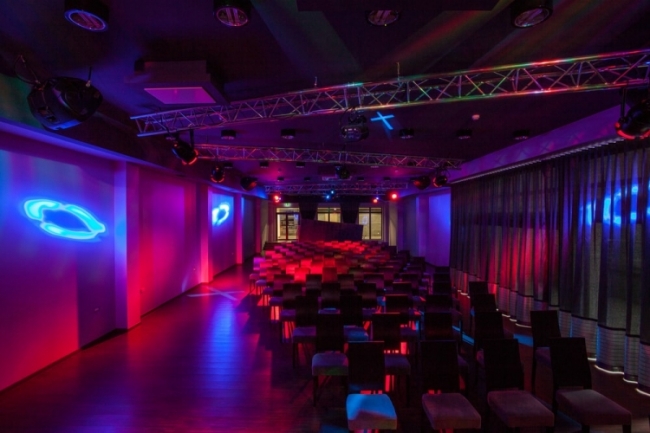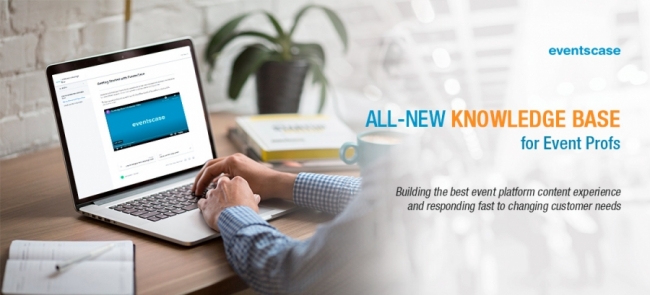
Hybrid is the future. Events combining live and virtual components will be a fixture in the industry, with 73% of events professionals revealing in a survey their plans to organize one in the future. That’s despite concerns about a lack of experience (expressed by 19% of those surveyed), uncertainties around cost (17%), risk of failure (17%), fear of low attendance (17%), unfamiliarity with technology (16%), and difficulties in getting stakeholders to buy-in (15%).
Concerns and all, industry players must adapt to the new normal, where hybrid events are a way for the industry to thrive again after a difficult 2020. The best part, according to etc.venues COO Nick Hoare, is: “A first-class frictionless hybrid event really is possible if you combine world-class venue facilities, award-winning audience engagement technology, and an expert team.”
1. Technology: The Key to Holding a Successful Hybrid Event
Hoare is right. It is possible to hold hybrid events that work, like Apple, Moz Con, and TwitchCon, all unequivocally proved. This success depends on everyone in the industry being prepared for a future with hybrid at the forefront. Preparing for this future starts with acquainting oneself with the right technology. This is the key to bringing participants together in a hybrid event and making them part of the action. The kind of technologies you’ll need mostly depends on who you are and your interpretation of hybrid, though there are a few that are necessary. And they are:
- High-speed internet
A primary goal of hybrid events is to let people in on the action via online streams or videoconferencing. So, your feed needs to be crystal clear, as anything less will turn off your virtual audience. No one wants to watch a blurred stream or interact in a meeting that lags frequently. It goes without saying: Make sure the internet connection is excellent, with 1 GB being an optimal speed if the connection isn’t being shared among different rooms or events. If it is, look to invest in a higher speed.
- Tech equipment
Tech equipment is another prerequisite to holding successful hybrid events. The essentials include HD cameras for shooting the event, lapel mics to make the keynote speakers audible, and studio microphones for improved virtual interactions. You’ll also need a LED lighting setup to ensure adequate lighting and tripods to hold the cameras steady. Platforms like Zoom and Vimeo are also necessities, as you’ll be using them to stream your event to hopefully thousands of people.
2. Hybrid Event Success: Best Practices
The following are some best practices that will ensure the success of your hybrid events:
- Collaborate with venue partners.
Working hand-in-hand with your venue partners will help ensure that you will have the best internet connection and equipment, as well as a layout that is optimized for online interactions—complete with screens on-stage and rooms for private sessions.
- Do tech checks up to the last possible second.
You want to avoid technical glitches, like the technological collapse that marred the beginning of software giant SAP’s virtual conference in June. To do that, conduct tech checks as often as possible to ensure that everything is working and set up just right.
- Prepare evergreen content.
One advantage of hybrid events is that content can be designed for on-demand use, allowing attendees to peruse them even after the conclusion of the event. So, record sessions and make them available online. Prepare modules and activities and make them accessible on the web. Keep session chats open as a resource center.
3. Preparing the new generation
This hybrid-centric future will necessitate a recalibration of skills for those who want to get in the industry and those already in it—lest the skills gap between digital-savvy and non-techy event managers widens. In particular, digital skills will be at a premium given the increasing importance of, for instance, social media in event planning. Case in point, Facebook and Twitter are increasingly being used to drive events engagement and market them, while email marketing is being utilized to invite participants.
Incidentally, this massive shift in the way events are now being planned and advertised is reflected in the way modern marketing courses are being taught at the college level. As such, today’s undergraduates studying a bachelors in marketing are uniquely positioned to make it in the events industry later on, as they will have learned how to develop traditional and digital campaigns that reach audiences across a variety of platforms by blending marketing strategies with advanced technologies. This forward-thinking approach combined with traditional business principles will also prepare future industry players to meet challenges not only with creativity, passion, and ingenuity, but also with a high level of technological skill.
That’s not to say incumbents in the industry, like you, can’t adapt. The future will see rising demand for digital event managers, or those with the technical expertise to go with their event management experience. This blend of old-school and new skills will allow them to create digital experiences that can sustain the interest of audiences. The most important of these modern skills is technical know-how, which you can learn through digital upskilling.
A way to ensure digital upskilling is attending tech-focused webinars and online conferences, like those regularly offered by Cision, AdWeek, and Hubspot. You can also take an online course in Coursera and Udemy, well-known learning platforms that offer certificate courses on digital media marketing, social media, and digital advertising. You can also opt to get an actual degree in modern marketing, digital media, or any tech-focused degree course—online! In this way, you get to learn the digital skills required of you to become a successful digital event manager, but with the added convenience of doing it in your own time.
Eventually, the demand for digital event managers will be filled by people who know the ins and outs of the industry. This potential development, along with the possible influx of fresh faces with digital media backgrounds, is sure to usher in the industry’s hybrid future on a positive note.
Content written by Jea Berry









